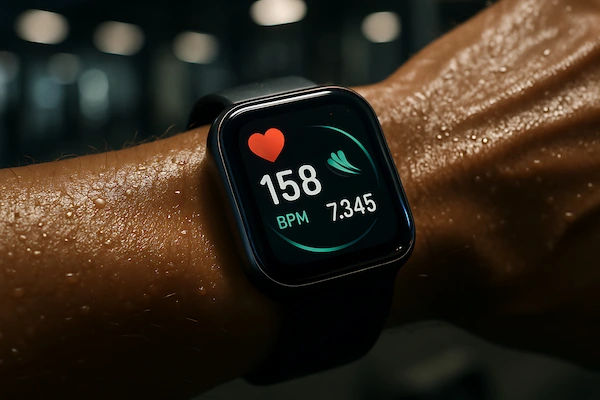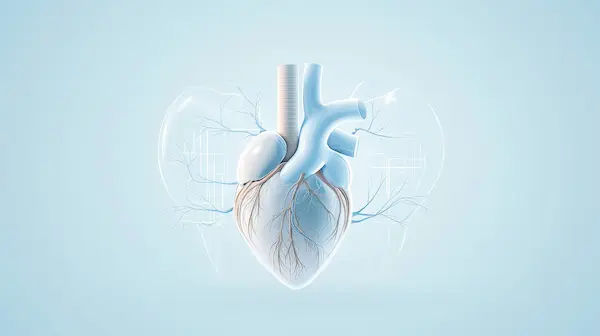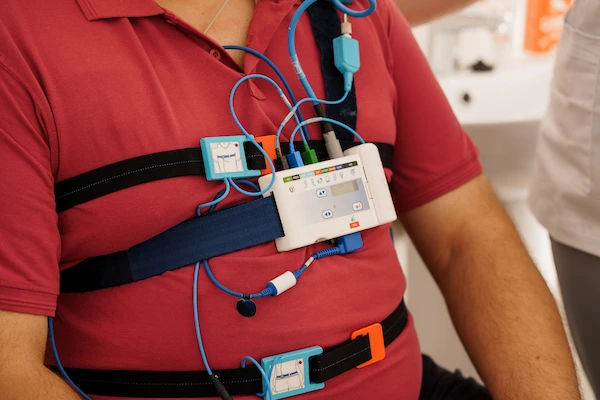- Female
- 23 Years
- 22/01/2025
I'm a 23-year-old female, around 130 lbs, and I'm really anxious about health stuff recently, especially after reading about various symptoms. A while back, I had the flu with fever, diarrhea, and a low appetite, and though those symptoms are gone, I still feel weak and lightheaded. It got me worried about an electrolyte imbalance. I took two 150 mg doses of fluconazole for a candida infection right after my flu, and I read that's something that could affect potassium levels. Sometimes, I think I'm having heart palpitations, with my resting pulse varying from 59 to 75. It feels like my heart is either pounding or too weak at times. The lightheadedness often kicks in after I walk a lot or panic. I've been trying to up my potassium intake but can't seem to reach the 4700mg target. Do you think this could lead to a significant imbalance or even a cardiac issue?
Answered by 1 Apollo Doctors
Visit your Physician for evaluation and appropriate management
Dr. Dr Khaleel Suggests...
Consult a Cardiologist
Answered 04/07/2025
0
0

More Cardiology Health Queries
View allI'm a bit worried about my recent TMT report. It came back as mildly positive for provocable ischemia. I'm currently taking atenolol 50mg and atorvastatin 10mg. What does this mean for my heart health, and should I be concerned or is there more I need to do?
A TMT report indicating mildly positive provokable ischemia suggests potential reduced blood flow to the heart during exertion, indicating coronary artery disease. Given that you are taking Atenolol 50 mg and Atorvastatin 10 mg, it is crucial to review these findings with your cardiologist. They may recommend additional diagnostic tests such as a coronary angiogram or stress echocardiogram to further evaluate your condition. In the meantime, continue taking your medications as prescribed, and adhere to lifestyle modifications like a heart-healthy diet, regular exercise within advised limits, and stress management. If you experience any worsening symptoms, seek immediate medical attention.
Answered by 1 Apollo Doctors
I've been having this strange cold sensation near my left chest, around the heart area, and it sometimes moves to my arms and legs. Not too long ago, I had heartburn for over three weeks, and my doctor recommended Robo 20 tablets which helped with that. But now, even after an ECG which came back normal, I'm still feeling this odd coldness near my heart. Could you give me some insights or advice on what might be going on?
Differential diagnosis coild be decongestion,GERD,Cold weather,etc, u can take tab ZIFI 200 mg twice daily for 5 days, if symtoms not subsiding ,cardiac opinion is advised.
Answered by 1 Apollo Doctors
I've been having some issues with fast pulse and feeling short of breath. It's weird because I don't really feel any heart pain, but I do start sweating. It seems like drinking water helps a bit, but whenever I'm fasting, these symptoms seem to get worse. I'm a bit worried and trying to figure out what could be going on. Any advice?
Seroflo rotahaler sos for breathing difficulty is advised to the patient.
Answered by 1 Apollo Doctors
Disclaimer: Answers on Apollo 247 are not intended to replace your doctor advice. Always seek help of a professional doctor in case of an medical emergency or ailment.





